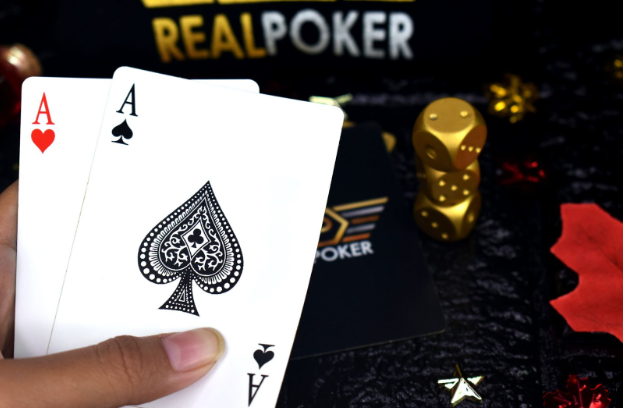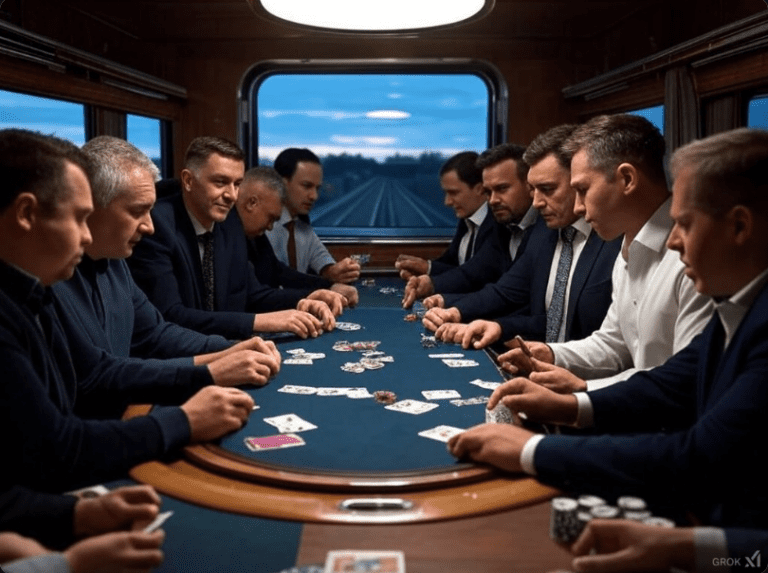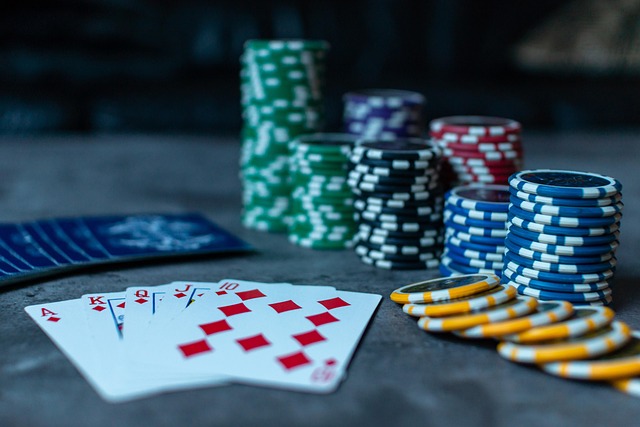Poker, at its core, is really just a weird blend of numbers, patience, and trying not to let your face give you away — all things you pick up by sitting at the felt. Some folks seem determined to squeeze those same skills into other corners of the gaming world, mainly online casinos. The numbers tell a bit of a story: apparently, online gaming raked in something close to $33 billion in the US by 2023 (the American Gaming Association put out that stat, if memory serves).
So it’s not surprising, then, to see players drifting from the poker table over to blackjack, baccarat, maybe a quick shot at online slots, always hoping for some kind of leverage — a whiff of that calculated edge from poker. Not every game really invites a deep dive, though. It almost begs the question, or maybe just teases it: is “transfer” the right word, or are some poker habits useful only in tiny pockets here and there?

When probability and decision-making meet the tables
Some games, especially the ones you can play live or online, seem willing to reward a certain kind of brains-over-gut approach. Table games do that. Many poker regulars slip into blackjack or maybe video poker with an odd sense of comfort, relying on their habit of running quick numbers in their heads and sizing up risks on instinct — even when they wander into online slots, where chance dominates but pacing and pattern recognition still have their small psychological pulls.
Executing a snap-judgment — whether to hit, stand, or double in blackjack — feels a lot like balancing decisions to call or fold in a tense hand of poker. There were figures out there suggesting that players who come from poker backgrounds tend to outpace those who just rely on chance, especially in video poker. A pattern emerges over enough hands, particularly if strategy charts stay in play.
In blackjack, it gets even tighter. The edges can shrink to what, under 1%? Funnily enough, casual play can balloon it back to over 4%, a detail some gaming analyses have pointed out in passing. Makes you wonder how big a role things like sizing up a bet or knowing when enough is enough actually play. Emotional steadiness, too, finds its place — keeps revenge bets and bad moods from leaking into the math. It’s a toolkit, honestly: probability, restraint, fast choices. These don’t guarantee anything but seem to make an actual difference in more games than some would expect.
Where luck takes the wheel and why slots still attract
Most casino games, especially online slots, operate almost entirely on chance. Unlike blackjack or video poker, online slots run on random number generators. No poker strategy — bluffing, calculating odds, or reading others—can alter the preset odds. The best a poker player can bring is strict bankroll management and disciplined loss limits. According to some reports, self-control is the only truly transferable skill when stepping into the world of slots, whether online or on the casino floor.
And that checks out. For most people, online slots are there for something fast and shiny, not a game of wits. The whole package — flashing lights, noise, that hope for a payout — well, none of that leaves much room for intentional strategy. Poker players sometimes find it jarring, maybe even frustrating, when all that careful thinking counts for nothing. The habit of sticking to a set budget seems to be the only thing that travels well from poker to slots, and it’s a habit for a reason. Separating feelings from the outcome becomes almost a survival trick. In the end, the best play is just to walk away with your limits intact — there’s very little to “outsmart” when everything’s just random.
Reading people and the ever-slippery idea of position
Some of poker’s most prized skills hinge on figuring out what opponents are really thinking. Watch enough game rooms, and you start to read a hand from a flicker or half-smile. In person, blackjack (especially at a crowded table) sometimes recreates a hint of that — catching a nervous tick from the dealer, peeking at how others react to a string of losses. Some analyses suggest there are rare moments when observation can make a difference, though mostly only in live dealer settings.
As for the digital world, it shuts many of these doors. The usual tells vanish—players pivot to reading betting wigs or how quickly someone acts, a switch that’s second-nature to long-time online poker grinders. “Position” still matters, in theory — acting after others, seeing a few decisions before making your own—though not quite with the same impact as in poker. Multi-player blackjack tables barely give a glimpse, yet that glimpse is sometimes enough to nudge a choice, for whatever it’s worth.
How far does strategy really go after poker?
Try bluffing in most casino games and you’ll hit a wall fast. The poker classic — double-betting or bold calls — barely registers in a blackjack pit or at a roulette wheel. Maybe a sharp betting pace or a sudden detour in play can raise an eyebrow, but compared to the raw results of following the numbers, this barely moves the meter. Games like baccarat or roulette stick to what feels like predestined rules; whatever psychological leftovers linger, they rarely push the scales.
There is some data that indicates the strongest link between poker skills and performance in the casino falls on games where judgment and reaction matter. Emotional steadiness isn’t just window dressing: it may be the only skill that really leaks into nearly every game, dulling the edge of impulse. Poker players are usually drawn to the deep end, looking for layers to peel back, so maybe their real test is figuring out when strategy helps and when it’s just a comfortable habit in a room run by chance.
On keeping things in check
Any decent sense of responsible play starts with knowing your own boundaries. It probably can’t be repeated enough — set your stakes, maybe pick a time to call it quits, and actually stick to it. Sure, using some poker logic might soften outcomes here or there, but it can’t rewrite randomness, especially not when it comes to things like online slots.
The best players, or the ones who last anyway, learn to step away and recognize when the fun gives way to something a touch more stressful. Somewhere around one in five online gamers used spending limits in 2023 (that’s the American Gaming Association again). In the end, smart play isn’t really about squeezing out the last edge. Sometimes it’s just about leaving the table at the right time.






